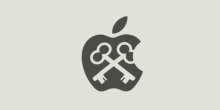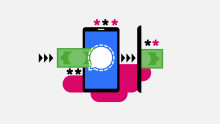Here’s the paper no one read before declaring the demise of modern cryptography
There’s little doubt that some of the most important pillars of modern cryptography will tumble spectacularly once quantum computing, now in its infancy, matures sufficiently. Some experts say that could be in the next couple decades. Others say it could take longer. No one knows.













































































